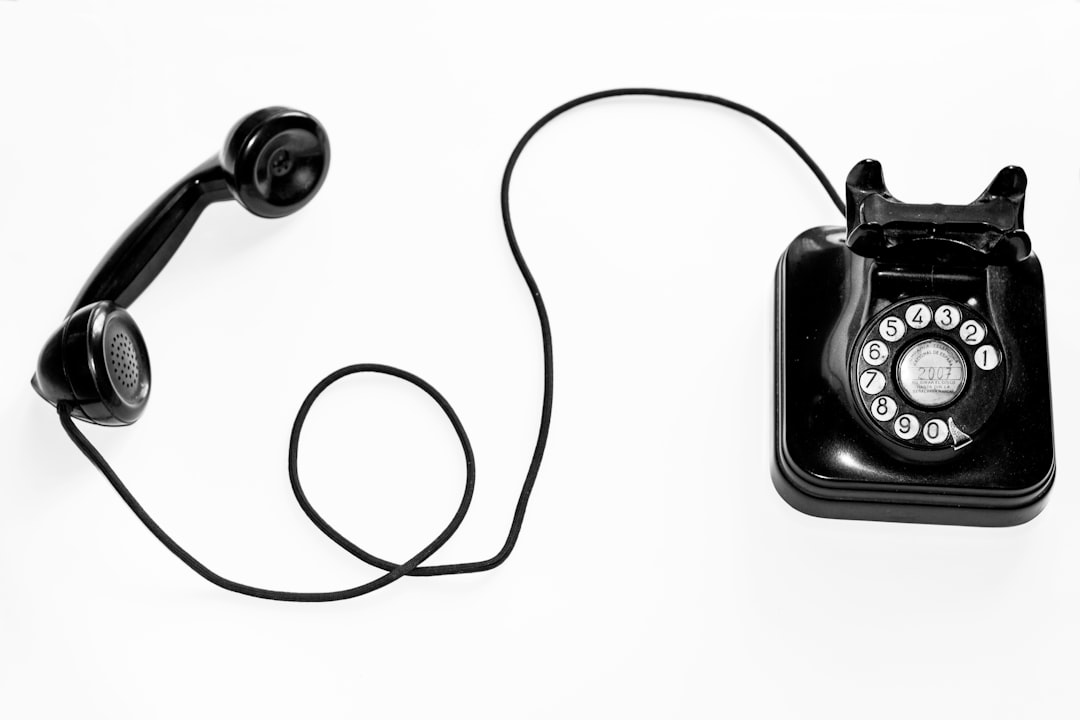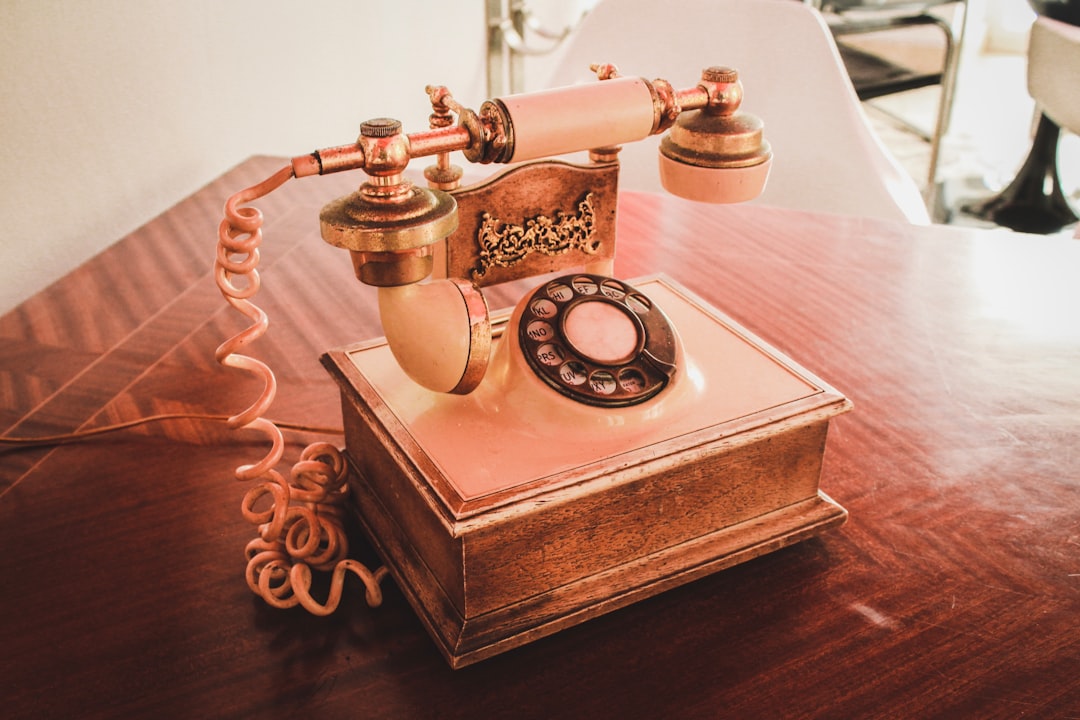Michigan residents plagued by unwanted robocalls promoting wine clubs or subscription services have legal recourse through the Telephone Consumer Protection Act (TCPA). This federal law prohibits automated calls without explicit consent, allowing individuals to take action against violators and seek guidance from specialized spam call law firms or lawyers. Documenting these calls and contacting a reputable Michigan-based firm can help determine if you have grounds to sue for robocalls and receive compensation.
“The picturesque Nilss River Valley, renowned for its thriving wineries, is facing an unexpected threat. Robocall scams targeting wine clubs have become a nuisance, leaving many Michigan wine enthusiasts concerned. This article delves into the rising trend of automated phone calls promoting wine subscriptions, exploring the legal aspects, tactics employed by scammers, and crucial steps to protect your rights as a consumer under Michigan’s stringent spam call laws. If you’ve been affected by these robocalls, discover if you can sue for robocalls in Michigan and find resources from top spam call law firms.”
Understanding Robocall Scams Targeting Wine Clubs in Michigan

In recent years, wine club members in Michigan have been plagued by a new kind of nuisance—robocalls. These automated phone calls, often promoting wine subscription services or clubs, are a form of spam that has left many residents frustrated and seeking legal recourse. Robocall scams targeting wine clubs operate under the pretense of offering exclusive deals or free trials, but their true intention is to steal personal information and subscribe victims to unwanted services at hidden costs.
Michigan residents who have fallen victim to these schemes may ask, can I sue for robocalls in Michigan? The answer lies in the Telephone Consumer Protection Act (TCPA), a federal law designed to curb unsolicited calls like these. A spam call law firm or lawyer specializing in TCPA cases can help individuals understand their rights and pursue legal action against the culprits behind these fraudulent robocall campaigns.
The Legal Framework: Michigan's Position Against Spam Calls

In Michigan, the fight against robocall scams targeting wine clubs has legal backing through stringent spam call laws. The state’s position is clear: robocalls are generally prohibited unless businesses obtain explicit consent from consumers. This is largely enforced by the Telephone Consumer Protection Act (TCPA), a federal law that places restrictions on automated telemarketing calls and text messages.
Michigan residents can take legal action if they have received unwanted robocalls, including those related to wine club memberships. A spam call law firm or lawyer specializing in TCPA cases in Michigan can guide individuals through the process of suing for robocalls, helping them recover damages and stop such nuisance calls.
Who Can Sue for Robocalls in Michigan?

In Michigan, individuals can take legal action against unwanted robocalls, especially those related to wine club scams. The Telephone Consumer Protection Act (TCPA) is a federal law designed to prevent companies from making certain types of automated or prerecorded phone calls without prior express consent. If you’ve received spam robocalls promoting wine clubs or similar services in Michigan, you may have grounds to sue.
Michigan residents who feel their privacy has been invaded by these intrusive calls can seek legal recourse through a Spam Call Law Firm or Spam Call Lawyers specializing in TCPA cases. These experts can guide you on whether you have a valid claim and help you navigate the process of suing for robocalls, including gathering evidence, documenting the calls, and potentially securing compensation for your troubles.
Uncovering the Tactics of Wine Club Robocall Scammers

Robocall scammers targeting wine enthusiasts in the Niless River Valley have been using sophisticated tactics to lure victims into signing up for exclusive wine clubs, often through automated phone calls or “spam calls.” These illegal practices not only disrupt individuals’ peace but also pose significant financial risks. If you’ve received such unwanted calls, you might wonder, “Can I sue for robocalls in Michigan?”
The Telephone Consumer Protection Act (TCPA) is a federal law designed to curb abusive and deceptive telemarketing practices. Under this law, businesses are prohibited from making automated calls without prior express consent. If your number has been added to the National Do Not Call Registry or you’ve clearly indicated disinterest, these wine club robocallers could be violating the TCPA. A reputable Spam Call law firm in Michigan or experienced lawyers specializing in TCPA cases can help you understand your rights and explore legal options, including potential lawsuits against these scammers.
Protecting Your Rights: Actionable Steps for Michigan Wine Enthusiasts

If you’re a wine lover in Michigan and have received unwanted robocalls from wineries or wine clubs, you’re not alone. These automated phone calls, often disguised as legitimate offers, are becoming an increasingly common nuisance. Luckily, there are steps you can take to protect your rights and put an end to these frustrating intrusions.
Michigan consumers have protections under state and federal law against unwanted spam calls, including those from wineries. The Telephone Consumer Protection Act (TCPA) prohibits automated phone calls for telemarketing purposes without prior express consent. If you’ve received such robocalls, consider documenting the calls, including dates, times, and any specific information provided. Contacting a Michigan-based spam call law firm or lawyer specializing in TCPA cases can be an effective first step. They can guide you on whether you have a case and help you navigate the legal process if you decide to take action, potentially allowing you to sue for robocalls and receive compensation.






